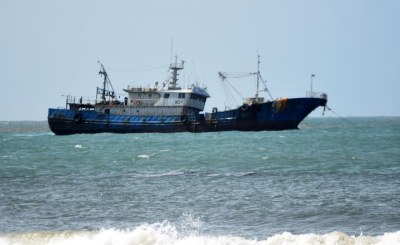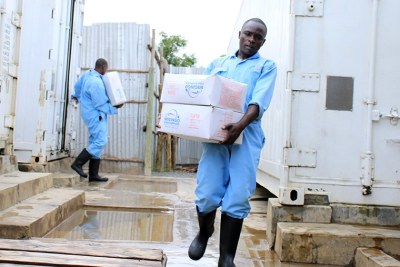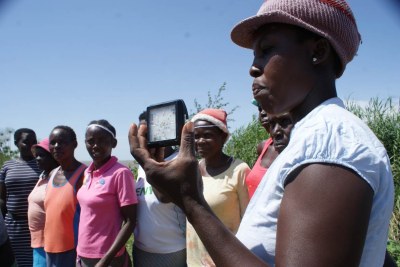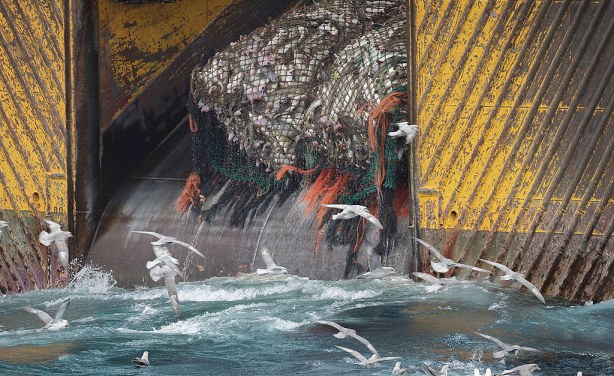-
Kenya: Kenya Adopts DNA Barcodes to Protect and Save Fish Resources
East African, 16 September 2021
Kenya will use fish DNA barcodes to fight illegal exploitation and smuggling of sea resources. Read more »
-
Kenya: About-Turn on Chinese Imports as Fish Shortages Bite
VOA, 7 August 2021
According to local press reports, Kenya has opted out of banning imported Chinese fish, a prohibition that had been considered to protect the local industry, because the African… Read more »
-
Kenya: Why Kcsap Wants More Kenyans to Consider Fish Farming
Nation, 6 August 2021
Sponsored by Kenya Climate Smart Agriculture Project Read more »
Kenya Adopts DNA Barcodes to Protect and Save Fish Resources
Kenya will use fish DNA barcodes to fight illegal exploitation and smuggling of sea resources. The scientific exercise involves harvesting different species, generating molecular specimen and profiling them to build a reference library of the country's aquatic organisms, to enable the government to conclude different pending cases as a result of illegal fishing.
Before the DNA barcoding begins, researchers will collect random, different kinds of fish from fishermen, which will be photographed. Fin clips obtained from the dorsal fins will be stored immediately, in 100% ethanol, before long-term storage in a freezer at -20°C.
Thomas Mkare, a senior research scientist at Kenya Marine and Fisheries Research Institute (KMFRI) said: "even though Kenya has more than 6,000 commercial species, for years they could not claim any illegally harvested fish originated from the country. With this scientific exercise, we will be able to claim our resources since even though fish look similar physically, each has special molecular identification which is associated with a certain region," he said.
InFocus
-
Kenya will soon ban fish imports from China as it has enough fish stocks in its lakes, rivers and the ocean, the national assembly's agriculture committee has confirmed. MPs ... Read more »
-
Sex-for-fish deals are common in Lake Victoria's fishing industry, which is controlled by men who can afford the tools needed to catch fish, including the lights used to attract ... Read more »






